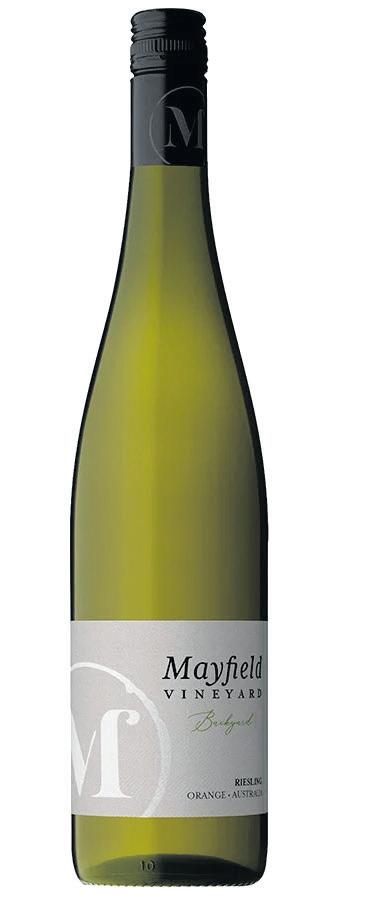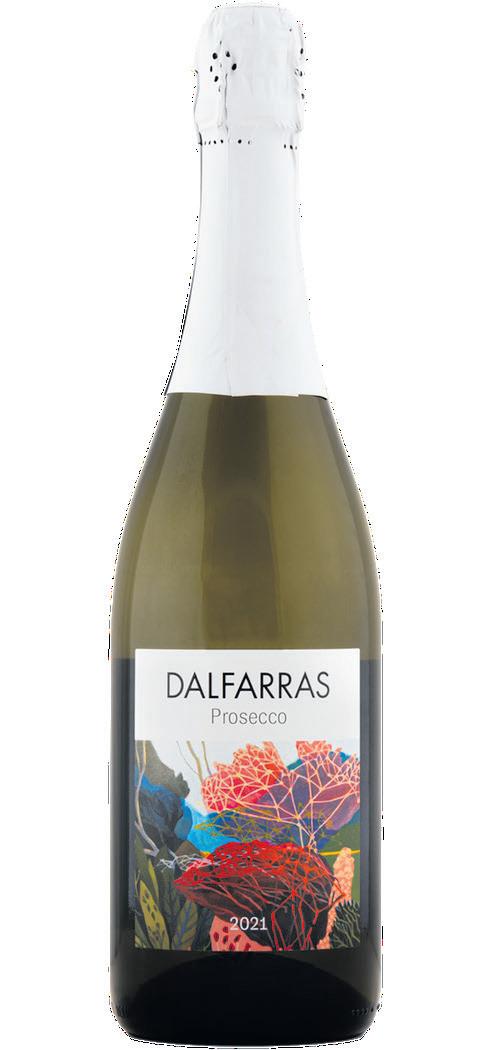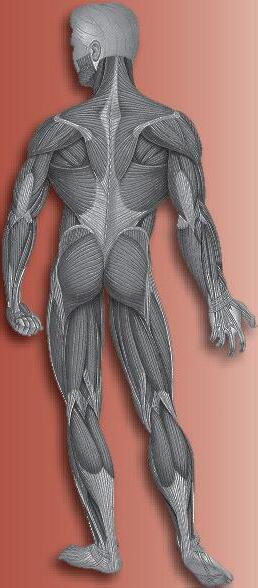
5 minute read
Qantas to Resume Hiring Following COVID-19 Job Losses
By JEFFREY GIBBS
Qantas has announced plans to create 8500 new jobs over the next decade in order to grow Australia’s biggest carrier now it’s back to reporting billion-dollar profts after COVID-19. The group made the commitment amid announcing plans to open an engineering academy in 2025 to train up to 300 engineers each year. Qantas said the academy would not only provide engineers for the airline but the broader aviation industry, including defence contractors, and said a particular focus would be to encourage more women to join the feld.
The new roles to be created over the next decade will include 4500 new cabin crew positions, 1600 pilot roles, 800 engineers, and a further 1600 in other operational positions.
Qantas expects to create more than 2000 new jobs over the next 18 months and committed to incentivising new hires with cash bonuses and 25 per cent airfare discounts.
The Friday announcement prompted critics to accuse the carrier of using the hiring spree to re-correct the impact of its 2020 restructure, when it axed 9800 roles from its 30,000-strong workforce during the pandemic as part of a $1 billion restructure. Qantas is currently appealing a Federal Court verdict that the airline’s decision in 2020 to outsource 1700 ground handling positions was unlawful.
Qantas chief executive Alan Joyce dismissed fears the carrier will struggle to fll the roles and said 25,000 people applied for 2,500 vacancies at Qantas last year. He also doubled down on last week’s defence of the current cost of air travel and reassured customers prices will continue to fall as capacity and competition returns.
The airline said it would work with unions to fnalise how the academy would operate, including how it may work with existing apprenticeship programs run by Qantas and Jetstar.
The federal secretary of the Australian Licensed Aircraft Engineers Association, Steve Purvinas, said the academy was desperately needed as the lack of aviation engineers in Australia had become critical. He called on the federal government to work with airlines to provide assistance to applicants to make sure enough recruits apply each year.
The Transport Workers Union (TWU) said Qantas’s “overzealous” redundancies in 2020 had caused irrefutable damage to the business.
The Australian Workers Union welcomed the decision, and described it as a potential turning point for Australian technical jobs. Qantas employs about 23,500 people.
The new recruits and replaced roles will bring the carrier up to a total headcount of 32,000 by 2033. Joyce recently credited a $1 billion restructure that involved and nominate in 2023.” it launched in the midst of the pandemic, which included outsourcing the 1700 ground handler jobs, as a driver of its return to proft. The group revealed a $1.4 billion proft for the six months to December, following $7 billion of losses accrued over the three years of COVID-19.
The Tweed Chamber of Commerce is proud to announce the launch of the all-new Tweed Business Awards in 2023, taking the lead as the shire’s most prestigious business awards event.
Victory Organisation Group dealer principal for Victory Ford Jason Mannix said the company was delighted to back the event.
In conclusion, Qantas’s commitment to create 8500 new jobs over the next decade is a welcome move that will help to reinvigorate the aviation industry in Australia. The airline is taking steps to ensure that the new roles are flled with qualifed personnel and is offering incentives to attract new hires. However, the TWU has expressed concern that the hiring spree is an attempt to correct the damage done by the airline’s 2020 restructure. It remains to be seen whether the new jobs will be enough to make up for the years of experience lost due to the pandemic.
Chamber president Warren Polglase said it was time to cast away the awards of the past and introduce an allnew name and format for Tweed businesses to shine. “BEATS and other business award events of the past have done a great job, but we felt it was time to launch a fresh approach with the all new Tweed Business Awards,” he said.
As with previous years, the awards will feature 15 business awards categories, four individual categories and four people’s choice categories, and a prestigious Hall of Fame Award. Tweed Business Awards event organiser
Julie West said she wanted to encourage local businesses to nominate, sponsor and get involved.
“These awards will acknowledge and publicly celebrate our local business excellence,” she said.
“We are hosting a special gala dinner awards night at the fabulous Seagulls Club next year, with specifcs to be announced. “We are delighted to have Victory Organisation Group as our major event sponsor and we’re encouraging businesses to get
“Victory Organisation Group is a leading business in the Tweed and wanted to support other business to be the best in their chosen feld,” he said. Victory MG sales manager Ricky Occhipinti was also in attendance and said it was a great way to get exposure for your business.
“I’d like to encourage local businesses to get involved with the Tweed Business Awards and we look forward to the event in 2023,” Mr Occhipinti said. Ms West there are sponsorship opportunities available with multiple business award categories across all sectors.
“There are more than 2,000 businesses eligible to enter the awards in 2023,” she said. These awards open the door for winners to go on to win other prestigious national awards such as Telstra Small Business Awards, the Australia Post Small Business Awards, Champion of Champions and Tourism NSW Awards.
“The Tweed Chamber of Commerce invites you to consider developing a relationship with our region’s business community through sponsorship.”
Grape Expectations by Max Crus




A report released today outlines the challenges Australia and the world need to overcome to avoid being thrust back into a pre-antimicrobial age where simple infections are deadly and some surgeries are too risky to perform.
Australia is seeing a growing ‘silent pandemic’ of antimicrobial resistance (AMR) - when bacteria and other microbes become resistant to the drugs designed to kill them, such as antibiotics, usually from misuse or overuse.
e report, Curbing antimicrobial resistance: A technology-powered, human-driven approach to combating the ‘silent pandemic’, calls for greater
Silent pandemic: CSIRO-ATSE report charts path for curbing antimicrobial resistance
national coordination and a focus on streamlining commercialisation processes for new antimicrobial resistance solutions and technologies. It was developed by the Australian Academy of Technological Sciences and Engineering (ATSE) and initiated by CSIRO, Australia’s national science agency.
Branwen Morgan, Lead of CSIRO’s Minimising Antimicrobial Resistance Mission, said AMR was recently designated one of the top 10 public health threats facing humanity by the World Health Organization (WHO).
“AMR could render some of the most critical antimi- crobial drugs ine ective, undermining modern medicine and making us vulnerable to drug-resistant infections,” Dr Morgan said. e report drew on the expertise of more than
“It is responsible for over 1.27 million deaths globally each year and the number is rising.
“In Australia, modelling suggests AMR could potentially be responsible for over 5000 deaths annually.
“ is report calls out the key challenges and opportunities for Australia to improve how we prevent, detect, diagnose and respond to drug-resistant infections and reduce the impacts of AMR,” she said.
100 multidisciplinary experts across government, academia and industry and looked at a range of potentially impactful technologies such as:
• Integrated surveillance and sensing solutions
• Point-of-care diagnostics

• Vaccination technologies
• Antimicrobial surfaces
• Air sterilisation technologies

Speci c examples included surface sprays that change colour when pathogens are present, and toilets that detect and disarm harmful microbes before they reach our waterways.
ATSE CEO Kylie Walker said Australia has the potential to be a global contributor in the devel- opment of technologies to combat AMR and should aspire to be a world leader in its management. e report supports work underway by the Minimising Antimicrobial Resistance Mission, developed by CSIRO with the Australian Departments of Agriculture, Fisheries and Forestry, and Health and Aged Care.
“We have a wealth of creative AMR technology solutions emerging in Australia. We must support these innovations through the commercialisation process so they can be delivered in the settings they are needed, in a streamlined, sustainable, and coordinated way,” Ms Walker said.

Dr Morgan said the report highlights the importance of a collaborative, preventative approach to AMR, which is a key tenet of the Mission.
“We aim to work with end-users, academic and industry partners to identify and prioritise solutions that have the greatest impact on preventing and managing further resistance,” Dr Morgan said.










